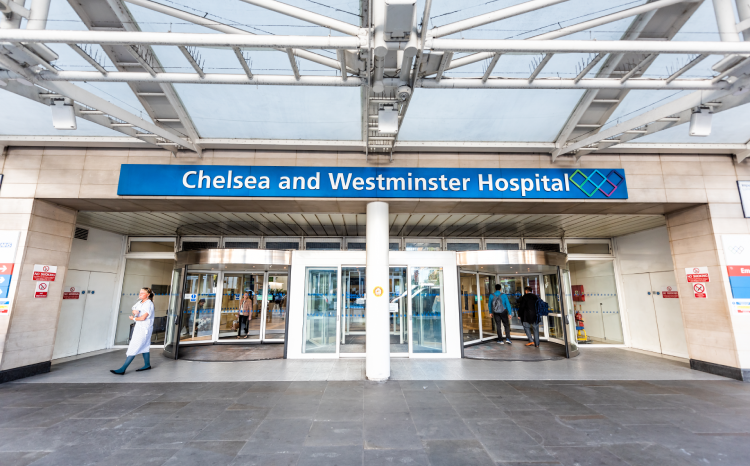Thames Valley and Yorkshire and Humber win last two LHCRE spots
- 27 June 2018

Thames Valley and Yorkshire and Humber have been selected by NHS England to make up the two remaining Local Health and Care Record Exemplar (LHCRE) shared records pilot projects.
A total of seven consortia have been bidding for two remaining LHCRE projects, joining the three announced in late May: London, Manchester and Wessex.
Together this means over 40% of the population of England will be covered by a shared local health and care record.
Each of the five pilots will receive £7.5m of national money from NHS England to accelerate shared records development and adoption of tools like population health management. National funding will have to be locally matched.
Simon Eccles, CCIO for Health and Care, said: “These new local systems will ensure appropriate staff can access information from patient histories to previous test results and care plans that will not only improve the individual care we are able to offer but in some instances could save lives.”
Projects were meant to be evaluated on four broad criteria: what they have achieved to date, the scope of future ambition, technical approach and strength of the partnerships they have built between different organisations.
Will Smart, CIO for Health and Care, said the initiative is about “raising the bar” for how the NHS can improve care with technology while Matthew Swindells, national director of operations and information at NHS England, said the LHCREs will be “trail blazers” for healthcare transformation.
Evaluation interviews for the seven bidding consortia took place last week. But there was considerable unhappiness caused by perceived double standards after all four bidding consortia from the North of England being downgraded to telephone interviews at the last minute.
Those close to the process say, however, that there has been a lot of support shared between the bidders, but also some canny politicking, not least by the universities involved.
One source dryly noted that some of the selections seemed to have been based on “boldness of ambition rather than credibility of previous delivery”.
The academic angle is particularly important to the future direction of NHS England’s LHCRE ambitions. The plan is that at a future date three of the five LHCREs will receive further investment to further progress and become a Digital Innovation Hub (DIH).
The DIH’s are envisaged as NHS regional data research assets, developed in partnership with universities and others. They are successors to the Care.data national database, abandoned by the government in July 2016 after failing to allay privacy concerns and carry public opinion.
There may yet be a glimmer of hope for the five unfunded consortia found wanting by NHS England. Digital Health News understands the NHS England team running the process have advised there may, just may, be a second round of LHCRE funding awards in 12-18 months.





1 Comments
Another fine example of how the Government and NHS operate in concert. First, they starve the NHS of funds, then they use the money saved to bribe the NHS to implement their destructive policies. Another mater class in the art of power grabbing.
Comments are closed.